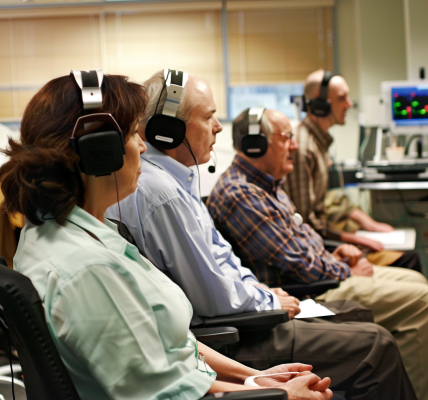Enobosarm Shows Promising Antitumor Activity in ER-Positive, HER2-Negative Advanced Breast Cancer
The oral selective androgen receptor modulator enobosarm has shown promising antitumor activity in patients with estrogen receptor (ER)-positive, human epidermal growth factor receptor 2 (HER2)-negative advanced breast cancer, according to a recent study published in The Lancet Oncology.
The study, led by Carlo Palmieri, M.B.B.S., Ph.D., from The Clatterbridge Cancer Centre NHS Foundation Trust in Liverpool, England, aimed to assess the activity and safety of enobosarm in women with ER-positive, HER2-negative, and androgen receptor (AR)-positive disease. Postmenopausal women with previously treated ER-positive, HER2-negative, locally advanced or metastatic breast cancer were enrolled in a randomized trial conducted at 35 centers in nine countries. Participants were randomly assigned to receive either 9 mg or 18 mg of oral enobosarm daily.
After a median follow-up of 7.5 months, the researchers observed that 32 percent of patients in the 9-mg group and 29 percent in the 18-mg group experienced clinical benefit at 24 weeks. However, a small percentage of patients in both groups experienced grade 3 or grade 4 drug-related adverse events, including increased hepatic transaminases, hypercalcemia, and fatigue.
The authors of the study noted, ‘The data from this study provide proof-of-concept for the activity and safety of a novel selective AR modulator, enobosarm, in AR-positive, ER-positive, and HER2-negative metastatic breast cancer, thus supporting the premise that activating AR can exert antitumor effects.’
It is important to acknowledge that several authors involved in the study have disclosed ties to pharmaceutical companies, including Veru, the manufacturer of enobosarm. The study itself was funded by GTx, the original developer of enobosarm.
This research sheds light on the potential of enobosarm as a treatment option for advanced breast cancer and may pave the way for further investigations into the role of androgen receptor modulation in cancer therapy.
For more health news and updates, stay tuned to our website.





